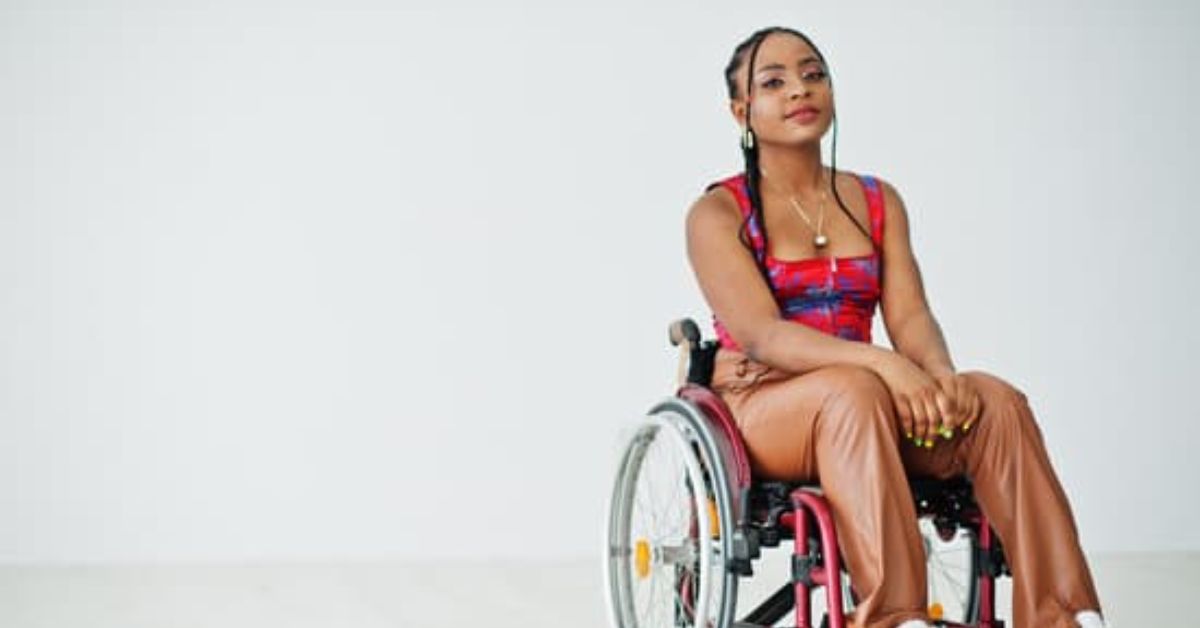CYDA is the national peak body representing children and young people in Australia aged 0-25 years with disability. It is a not-for-profit community-based organisation with a vision to ensure all children and young people with disability are valued and living empowered lives with equality of opportunity.
CYDA welcomes the independent review of the National Disability Insurance Scheme (NDIS), announced by NDIS Minister Bill Shorten this week, to be co-chaired by Professor Bruce Bonyhady AM and Lisa Paul AO PSM, supported by a panel of experts in the sector.
CYDA chief executive officer Skye Kakoschke-Moore said it is vital the voices and experiences of people with disability, including young people with disability, are centred in any review of the NDIS that takes place.
“Young people with disability are the experts in their own experience. We need to ensure they are supported to speak about how the NDIS is working for them and where change is needed.”
Ms Kakoschke-Moore spoke about the co-designed research and consultations that have taken place with young people at CYDA. “Young people are very clear about what they need from the NDIS, what is working for them, and where change is needed.”
Our needs get met the best when we’re the ones that get to define what they are.”
CYDA National Youth Disability Summit 2020 participant
In its work with young people with disability, CYDA has identified some of the key issues that young people with disability have raised regarding the NDIS.
Choice and control:
For the NDIS to genuinely respond to the needs of children and young people, there must be decision-making opportunities for young people with disability at all levels within the system. This includes representation at a governance and structural level. Concerted effort to recruit and foster young people into positions of power within the National Disability Insurance Agency (NDIA) is needed. Young people accessing the NDIS must be supported by a system that facilitates them to make meaningful decisions about their own lives.
Intersectionality and education for NDIS staff:
Young people have emphasised the importance of the education for NDIS staff on intersecting identities (race, gender, sexuality) that impact their experiences. An understanding of how to combat ableism and prejudice in a holistic way would make NDIS staff more effective in their roles.
A focus on equity:
Young people speak about the need for equitable opportunities. If the NDIS invests in young people early, ensuring they have the same social and educational opportunities as their non-disabled peers, this leads to more equitable outcomes later in life in areas such as employment and independence.
"I found that since I joined the NDIS, having support workers is really healthy. My parents wouldn’t always listen to me … so having support workers helped me gain independence.”
Young person, CYDA submission to the NDIA’s Support for Decision Making consultation
Access to the scheme:
Accessing and then managing an NDIS plan is a complicated and often expensive process. Participants also report that the system can be combative rather than supportive. In practice, the scheme discriminates against those without existing personal funds, or strong support networks to navigate complex systems. Young people with disability have emphasised the need for clear and simplified processes that facilitate early access to the scheme.
Connection with mainstream services:
Basic services like health, education, social services and housing are often designed without consideration for how children and young people with disability access them. This leads to exclusion and dependence on segregated or “special” services that result in poorer life outcomes for people with disability.
Ms Kakoschke-Moore believes the upcoming review is the perfect opportunity to address this.
“Stronger connections between the NDIS and mainstream services must facilitate more equitable access for children and young people with disability. The NDIS review should examine how a participant’s funded plan interacts with mainstream services to reduce the risk of being directed to segregated services and places.”
For enquires please contact:
Sonia Regan
Community Impact Manager, Children and Young People with Disability Australia
0458 020 197
[email protected]


